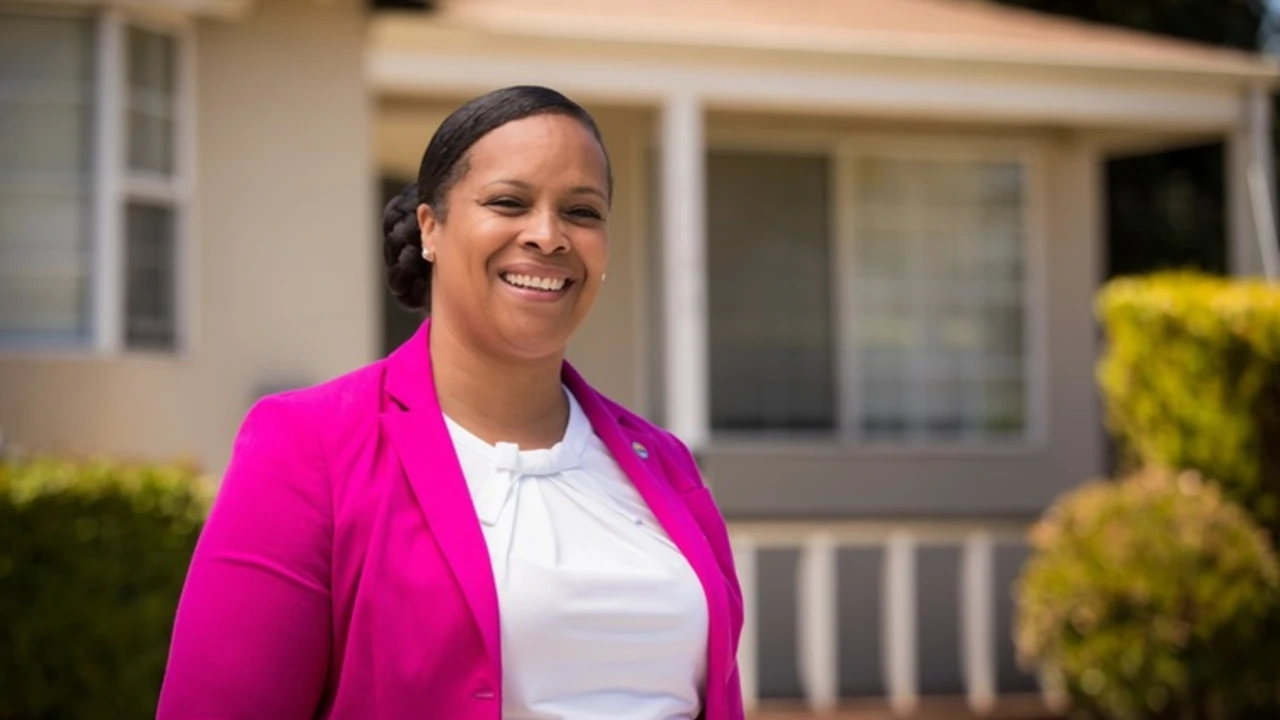
WASHINGTON - The Village Center Community Development District in Florida said Monday that it disagrees with two Internal Revenue Service notices that asserted that the district's bonds are taxable.
"I don't believe that it will come as much surprise for you to hear that the center district does not agree that it is not treated as a political subdivision for purposes of section 103 [of the Internal Revenue Code] or that its bonds are private-activity bonds under section 141," Perry Israel, a Sacramento, Calif.-based attorney who is representing the district, wrote in the cover letter to the CDD's responses to the notices.
The IRS tax-exempt bond office issued a notice of proposed issue in August 2013 asserting that recreational and utility bonds the CDD issued are taxable because the district is not a political subdivision that can issue tax-exempt bonds. This notice followed a technical advice memorandum (TAM) from the IRS chief counsel's office with the same finding. And in December 2014, the IRS issued a notice of proposed issue finding that the recreational bonds are taxable PABs. The audit remains ongoing and the IRS could ultimately conclude the bonds are taxable for either or both of these reasons.
Market participants have been interested in the years-long audit of the CDD's bonds because it could have implications for certain bonds of other special districts around the country.
The IRS claims the CDD is not a political subdivision that can issue tax-exempt bonds because it is controlled by the developer and not motivated by a public purpose. Also, the IRS contends the CDD is not delegated sufficient sovereign powers to be a political subdivision.
But the CDD said that "both of these arguments are incorrect."
The CDD said that it was formed to serve public purposes, such as to provide fire protection, water management and other services to residents of a retirement community. The state of Florida and local governments exercise sufficient controls over the district, it said. These controls include that a local general purpose government can require that services and property relating to them can be transferred from the CDD to the government without compensation, the CDD said.
The TAM focuses on the fact that the district "was organized to perpetuate private control." But the CDD said there are no previous cases or rulings that support the notion that a political subdivision needs to have a public electorate. Also, the district said that there is no evidence that it was organized and operated to avoid responsibility to a public electorate.
The CDD also argued that it has been delegated "more than enough sovereign powers" to be considered a political subdivision. The district has taxing and eminent domain powers.
The IRS has misread past IRS rulings, the CDD said. The TAM characterizes a 1983 revenue ruling as concluding that certain corporations were not political subdivisions in part because they were controlled by an independent board of directors rather than by a state or local government. However, the CDD doesn't fit within the facts of that ruling, it said. Unlike the corporations in that ruling, the CDD is a designated public agency under state law, and its assets would transfer to the political subdivision in which it is located if it is dissolved.
The CDD also refuted the IRS arguments that its recreational bonds are PABs.
The IRS said that the amenities facilities purchased with the proceeds of the bonds were used in the developer's trade or business because the developer: has control over the property; had special legal entitlements to the property; and derived a special economic benefit from the property.
Under federal tax law, bonds are PABs if more than 10% of the proceeds are used by private parties and more than 10% of the debt service is paid from or secured by private parties.
The CDD issued the recreational bonds to purchase recreational facilities as well as the amenity fees residents pay to use them. The IRS' arguments that the bonds were used in the developer's trade or business are based on the assertion that the developer has the right to sell deeds to homes to future residents of the retirement community that contain a right to use the amenities facilities previously sold to the district.
"However, these arguments are incorrect because they do not properly examine exactly what was purchased with the proceeds of the bonds," the CDD said. "In fact, no bond-financed property is used by the developer in its trade or business or by the future residents in their trades or businesses."
The easement to use the facilities is held by future residents, not the developer, and the future residents would not use the facilities in a trade or business. Even if the easement was held by the developer, it would not result in the property being used in the developer's trade or business because the bond-financed property consists of what was purchased with the bonds, which does not include the easement to future residents.
As the CDD previously mentioned in the document, it is not controlled by the developer. While the developer and related entities held a majority of landowner votes in the district for a number of years, that does not mean that the CDD is an "alter ego" of the developers. Under Florida law, board members have to act as fiduciaries of the public trust and not as representatives of their electors. Over the course of the IRS audit, there has been no evidence that transactions between the district and the developer "took place at anything other than arms-length," the district said.
The CDD also argued that the developer doesn't have special legal entitlements to the recreational facilities that would cause the bonds to be PABs. The right for the developer to sell residences with access to publicly owned facilities is not a special legal entitlement, it said. And even if it was, private use during the development of the facilities does not count as private business use, and the amount of the private business use does not exceed 10%.
Under Treasury Department regulations, private business use can be established if a private entity has a special economic benefit to bond-financed property that is not available to the general public. The CDD argued that this rule does not apply to the recreational bonds because the facilities are available to the general public. The retirement community has more than 104,000 residents and many non-residents also use the facilities, the CDD said.





